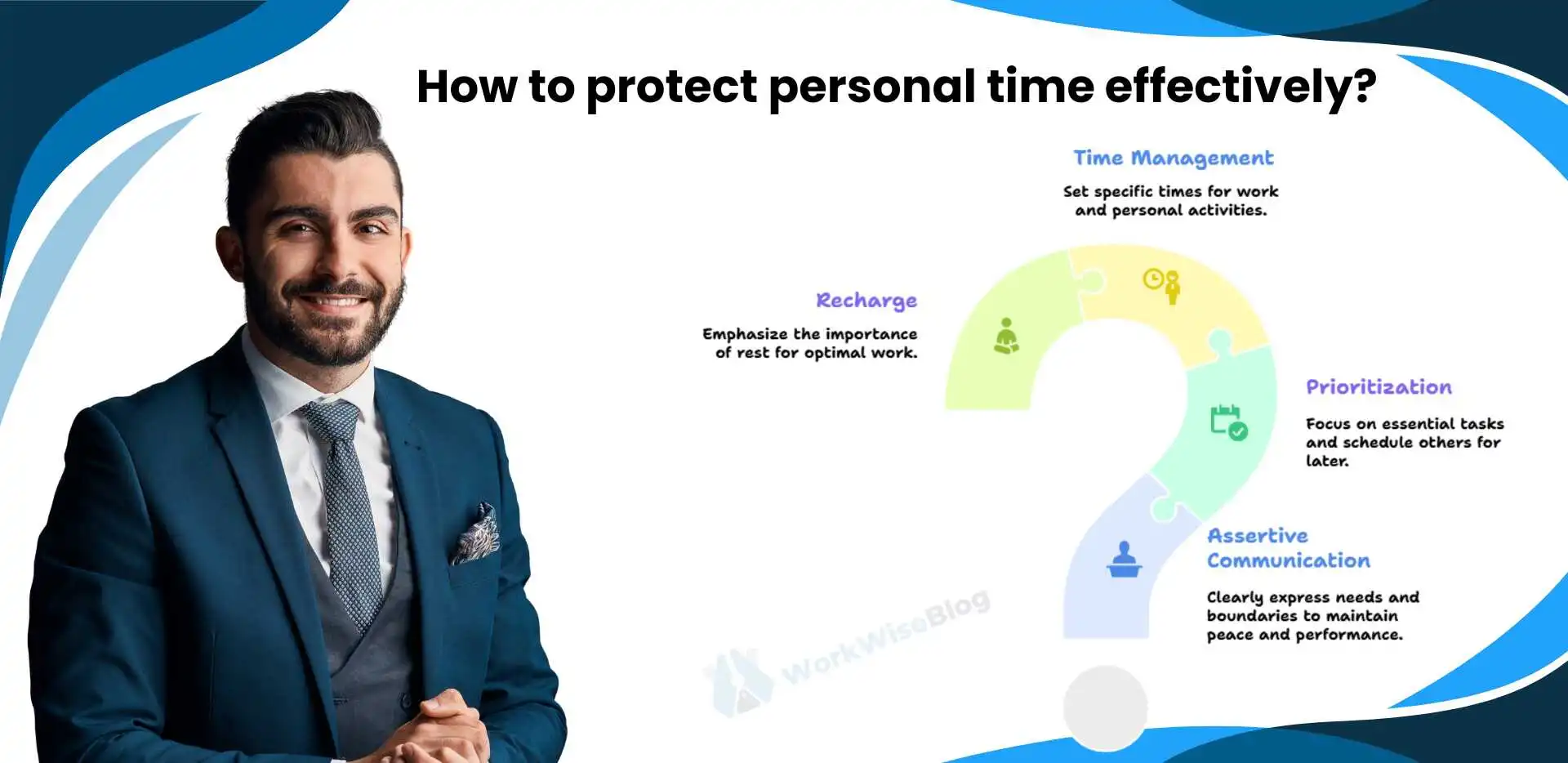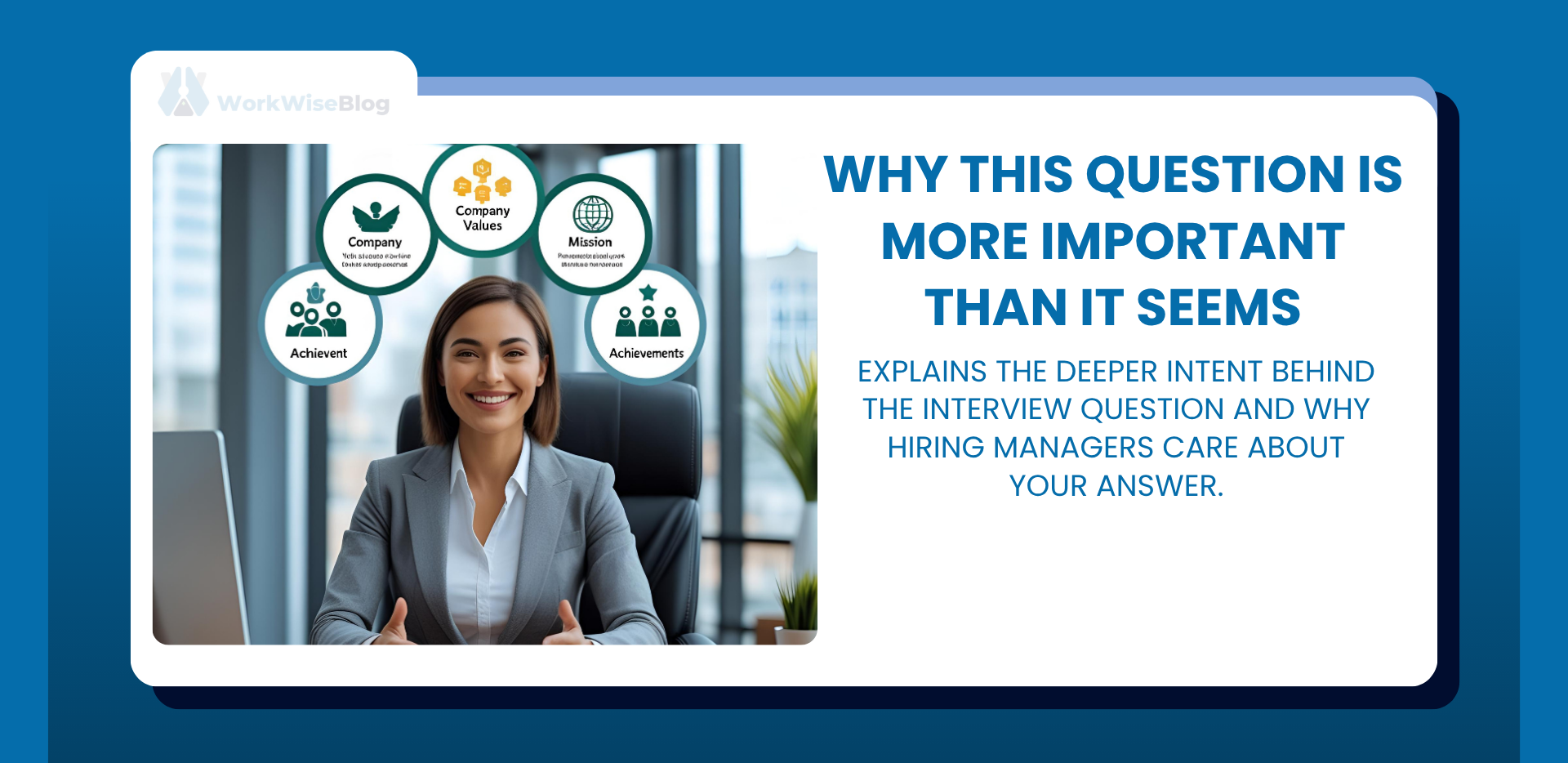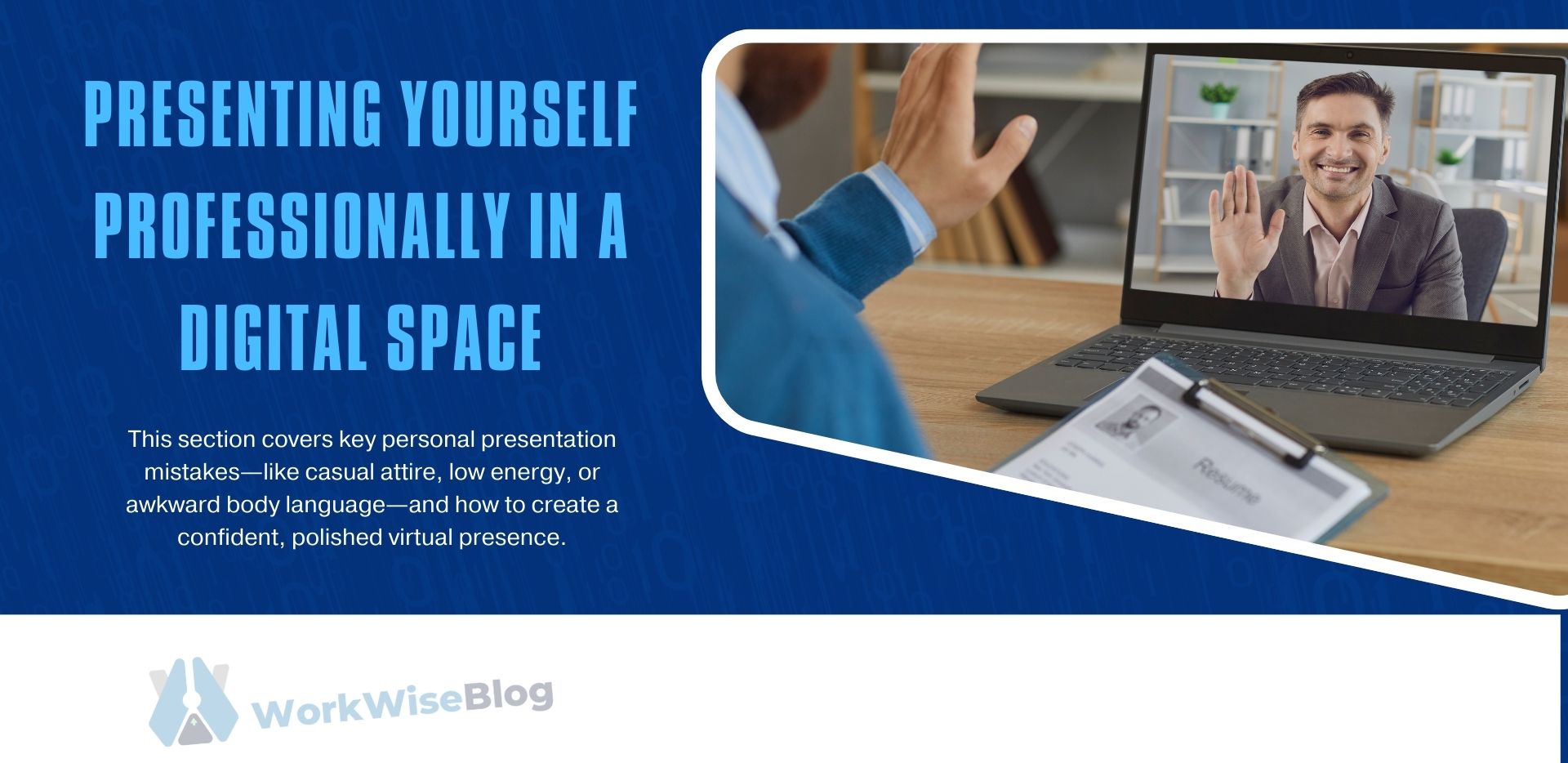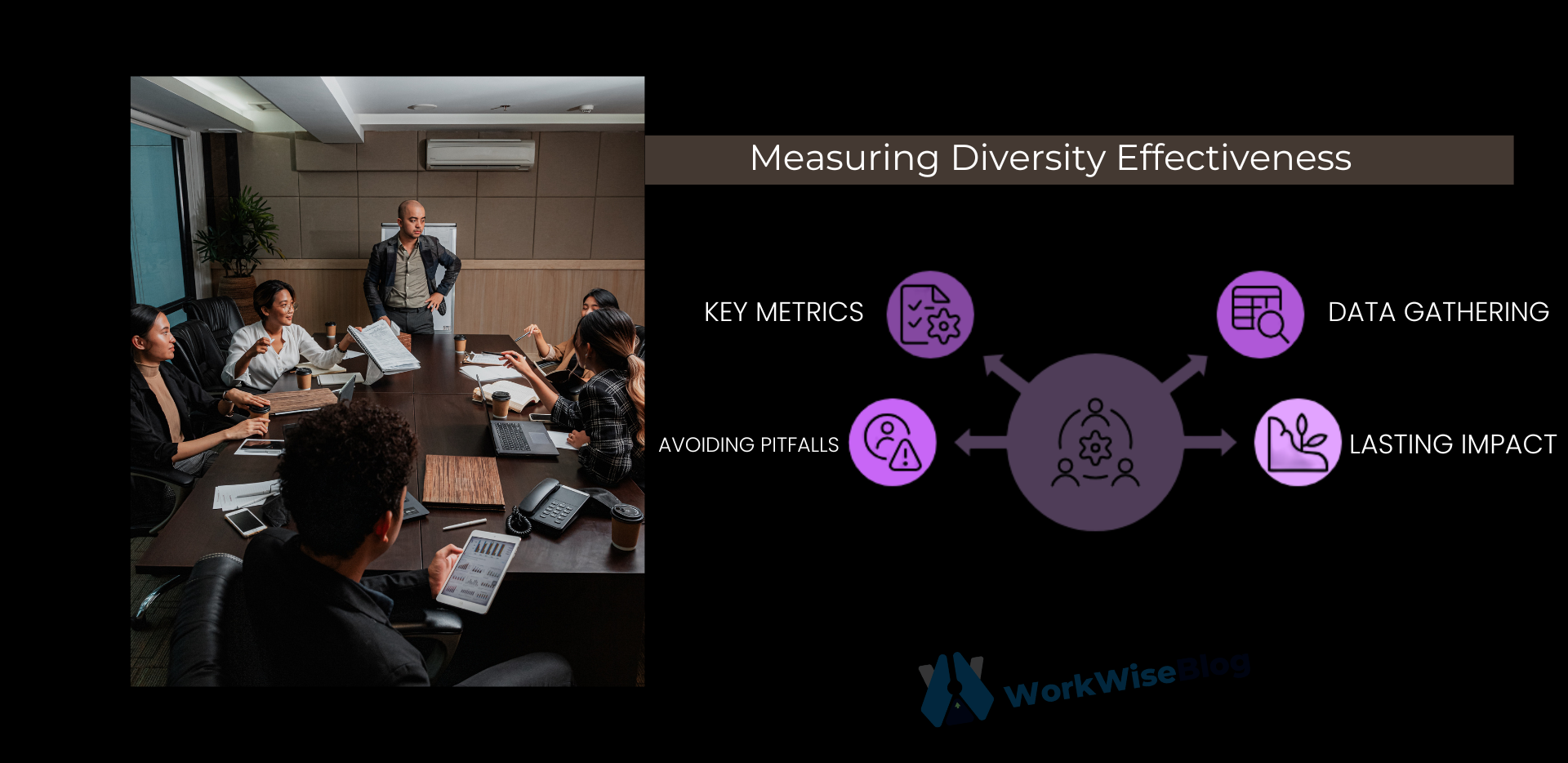
Why This Question Matters
Interviewers ask this to:
- Understand your self-awareness and confidence
- See what sets you apart from other candidates
- Get a glimpse of how you might add value to the team
They’re not looking for a superhero. They’re looking for someone who knows their strengths and how to apply them in a meaningful way.

Step 1: Reflect Before You Respond
Before you think about “sounding unique,” take a moment to reflect on your experiences:
- What do co-workers (or others) consistently give you compliments about?
- What do people count on you for in your workplace or studies?
- Is there a process, habit, or soft skill that you have developed expertise on?
These are not things that need to be radically different. They simply need to demonstrate that you provide a perspective or approach that is useful.
Example:
“I am pretty good at simplifying complex information. In my last job I was often the intermediary between technical and sales personnel.”
This shows that you have awareness of what you do and gives a real-world example of how it benefits others.

Step 2: Connect Your Answer to the Role
Once you’ve chosen a strength or trait, tie it directly to the job description.
Your uniqueness should be something that aligns with what the employer is looking for—even if they didn’t state it directly.
Scan the job posting for clues:
Are they looking for someone with leadership potential? A fast learner? A great communicator?

Example:
“What sets me apart is that I can remain calm in stressful situations. I’ve managed projects with a lot of pressure under tight deadlines, I’ve noticed my team often relies on me to keep the group level-headed and focused, and remain positive. I think this will be particularly valuable in a fast-paced environment like yours.”
This response was confident, specific, and reflected the company’s pace.
Offer to grab coffee for a teammate or cross-department colleague. Use the walk to:
- Ask about their current projects.
- Mention a relevant resource (e.g., “I read a report on that—can I email it to you?”).
Step 3: Tell a Short, Impactful Story
People remember stories more than adjectives.
Don’t simply state, “I am a problem-solver.” Demonstrate it, through an effective 20 second story.
- Use the “STAR” method, (Situation, Task, Action, Result) and make it succinct yet impactful.
Example:
“During my internship, I observed my team missed deadlines due to improperly organized files. I crafted an integrated shared folder solutions and trained the team how to use it.” Our project delivery time improved by 30% in three months.”
This story proves your trait with action and result.
Step 4: Be Honest—But Avoid Generic Phrases
You don’t need to reinvent the wheel. But don’t fall back on clichés either.
Avoid saying:
- “I’m a hard worker.”
- “I’m a perfectionist.”
- “I get along with everyone.”
Instead, say:
- “I’ve developed a reputation for turning chaotic processes into simple, organized systems.”
- “I consistently find patterns others miss, which helps solve problems early.”
It’s not just what you say—it’s how you say it.
Step 5: Practice Without Sounding Scripted
Write down your answer. Practice it.
Then, practice saying it conversationally so it doesn’t feel robotic. You want to sound natural, not rehearsed.
Tip:
Practice your answer in front of a mirror or record yourself. Notice your body language and tone.
Bonus: Examples of Strong “What Makes You Unique?” Answers
For a Creative Role:
“My strength is blending creativity with strategy. In my last job, I developed a campaign that not only won design awards but also increased customer engagement by 45%.”For a Customer-Facing Role:
“I bring empathy to every conversation. I’ve worked in customer service for four years, and I always aim to make people feel heard—especially when they’re frustrated.”For a Technical Role:
“What sets me apart is my ability to translate technical problems into language everyone understands. This skill has helped me lead cross-functional teams smoothly.”
Each answer is simple, specific, and tailored to a role.
Final Thoughts
Your uniqueness isn’t about being the smartest person in the room—it is about having a clear understanding of who you are and how you perform at your best.
When you take the “What makes you unique?” question sincerely and thoughtfully, it gives hiring managers a reason to remember you.












